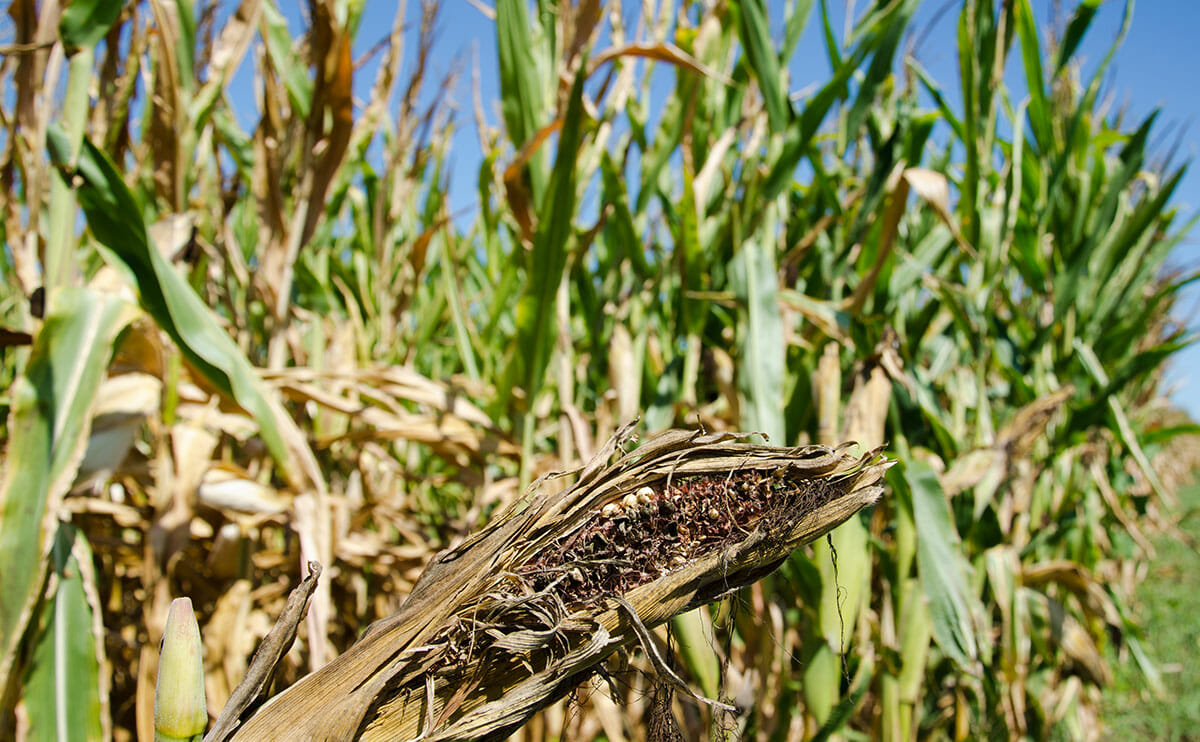Maybe all it takes to get climate scientists and farmers to collaborate on climate change is a good place to talk about the weather.

That’s the hope of Cornell University with their new website, climatechange.cornell.edu. The site is one-stop-shop for farmers and gardeners to learn about the specific effects of climate change and practical steps they can take to mitigate them. They can also contribute to forums, ask questions and provide real-time data to Cornell’s scientists.
“If people are confused about climate change and don’t know where to turn, they can turn to Cornell,” explains Allison Chatrchyan, the Director for the Institute of Climate Change and Agriculture. “We will provide information based in sound science.”
She points to the site’s “What’s up with the Weather?” feature as a favorite example, which answers inevitable water-cooler questions about recent weather phenomena — from Typhoon Haiyan to the Northeast’s particularly colorful fall — in the context of climate change, drawing on analyses from climate scientists.
The threat climate change presents to farmers is no mystery at this point. A leaked report from the I.P.C.C. confirms that climate change will almost certainly have a negative effect on the world’s food supply, but many American farmers don’t need governmental reports to see evidence of shifts in the atmosphere. Floods, droughts and super weeds have brought the issue to their backyards.
“The Northeast is already feeling the effects of climate change,” says David Wolfe, a faculty fellow at Cornell’s Atkinson Center for a Sustainable Future. “There are so many people at Cornell working on practical solutions to these challenges ”“- from research in agriculture to economics, engineering to social sciences, and Cooperative Extension’s work with farmers and communities.”
Those practical solutions address a wide-range of climate-related problems. Some ideas are simple, like improving barn ventilation to keep livestock cool during the summer. Others might make farmers sweat well before the planet gets any warmer. Cornell suggests farmers diversify into crops that are both drought and flood resistant and have plans on file for pest and weed invasions.
In return, Cornell hopes farmers can offer their own insights. “I would encourage farmers to get in touch with us and let us know what they need in terms of information,” says Chatrchyan. “We want to hear how they are adapting so they can share it with other producers in the region.”